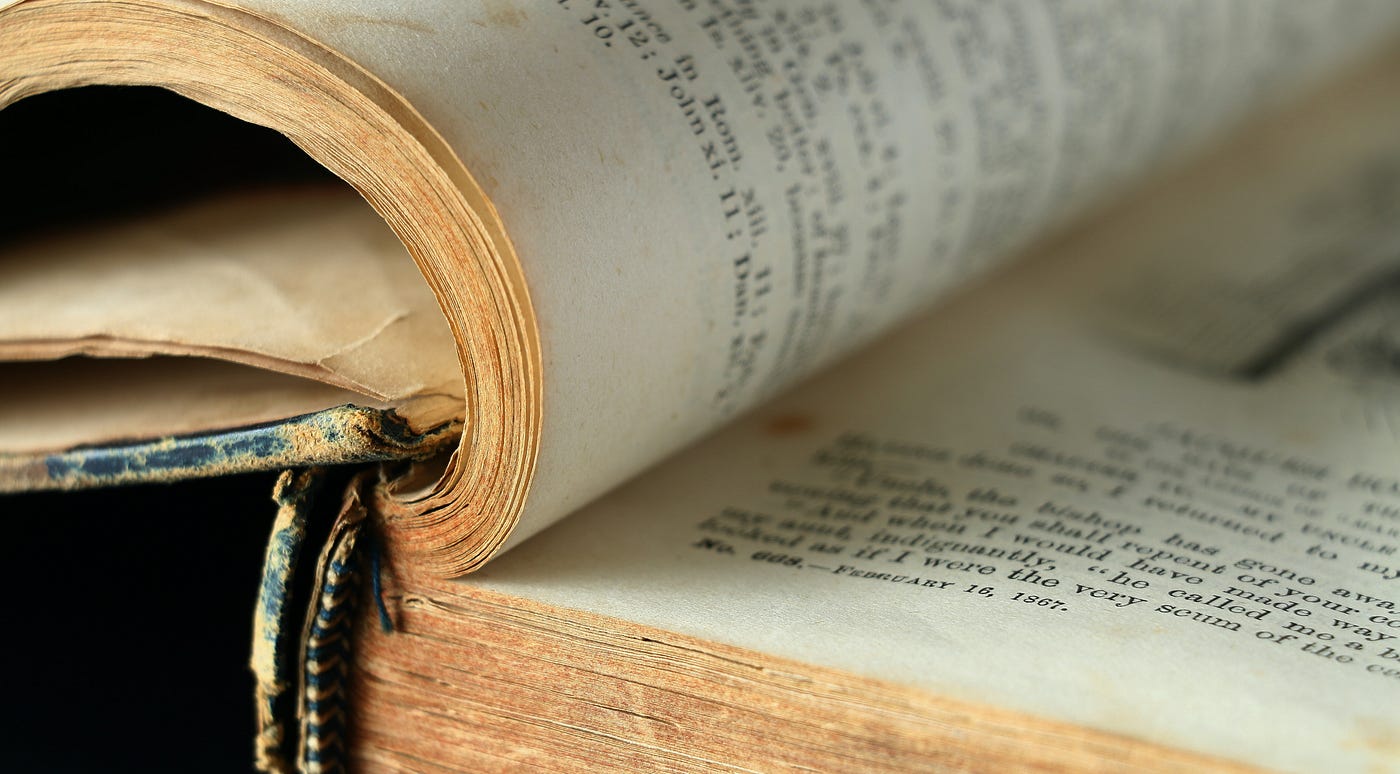Books hold a special place in our lives. They offer adventures and knowledge. Holding a book is a simple pleasure. The weight and the texture of the pages feel comforting. Reading can be very relaxing. It is a perfect escape from daily stress. There are many different types of books. You can explore a fantasy world in a Fiction book. A Thriller will keep you on the edge of your seat. For stories about the future, read Sci-Fi (Science Fiction). Other types include Romance, Mystery, and Biography.
But there is one thing common to almost all books. That is the smell. Have you ever noticed the distinctive scent of a book? It is often a pleasant, unique smell. Do you know what this smell is actually called? Does it have a scientific name? In this article, we'll take a closer look at the unique scent of books. We'll learn the name for this fascinating odour. We will also discover the science behind it.
What Is The Smell Of A Book Called?

The distinctive, often-loved smell of old books is commonly referred to by two distinct, though unofficial names: Biblichor or Bibliosmia.
- Biblichor is the more popular term for the smell itself.
- Bibliosmia is a less common word meaning the love of the smell of books.
What is Biblichor?
The term 'Biblichor' is a modern invention, a combination of two Greek root words:
- Biblio- (from biblíon), meaning book.
- "Ichor" (from "ichṓr"), which in Greek mythology was the ethereal fluid or "blood" that flowed in the veins of the gods.
The word was created by analogy with Petrichor, which is the popular name for the scent of rain on dry earth (combining 'petra', or rock, with 'ichor'). While the exact person who coined and popularised "Biblichor" is difficult to trace to a single source, it arose in online communities to give a beautiful, poetic name to a sensation that book lovers already cherished.
Why Is the Smell So Distinctive? (The Science)

The smell is not just a single scent but a complex mix of Volatile Organic Compounds (VOCs). This chemical cocktail is released as the paper, ink, and glue in the book break down over time—a process called acid hydrolysis.
- The Vanilla Hint: A key compound is lignin, which is present in wood-based paper. Lignin is closely related to vanillin, the compound that gives vanilla its smell, hence the faint, pleasant vanilla note often detected in old books.
- The Sweet/Earthy Mix: Other compounds released include benzaldehyde (giving an almond scent) and toluene (which can be sweet or pungent). The overall aroma is often described as a comforting mix of vanilla, grass, and a slightly musty earthiness.
The ageing and chemical decomposition of a book create this much-loved, nostalgic aroma.
10 Unique Facts About Books and Reading

- The fear of running out of reading material is called Abibliophobia.
- It is believed that the first story ever written down was 'The Epic of Gilgamesh' around 2100 BCE.
- The world's smallest book, 'Teeny Ted from Turnip Town', measures just 0.07 mm by 0.10 mm and can only be read with an electron microscope.
- The 1939 novel 'Gadsby' by Ernest Vincent Wright is a lipogram, an entire 50,000-word book written without using the letter 'e', the most common letter in English.
- The single longest sentence ever printed in literature, at 823 words, is found in Victor Hugo's novel, 'Les Misérables'.
- Reading for just six minutes a day can reduce your stress levels by up to 68%, more effectively than listening to music or taking a walk.
- The Japanese word 'Tsundoku' refers to the act of acquiring reading materials but letting them pile up unread.
- Mark Twain's 'The Adventures of Tom Sawyer' is often credited as the first manuscript submitted to a publisher written on a typewriter.
- Leonardo da Vinci's science diary, the Codex Leicester, is one of the most expensive books ever, bought by Bill Gates for over $30 million.
- Author J.M. Barrie gave the rights to his beloved story 'Peter Pan' to the Great Ormond Street Hospital for Children in London, ensuring they continue to receive royalties from it.
Comments
All Comments (0)
Join the conversation